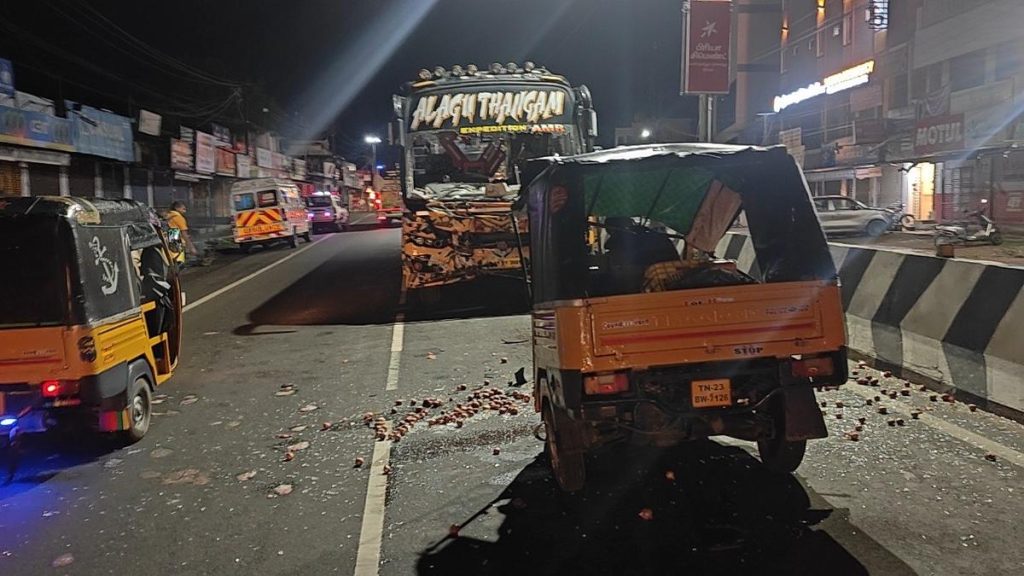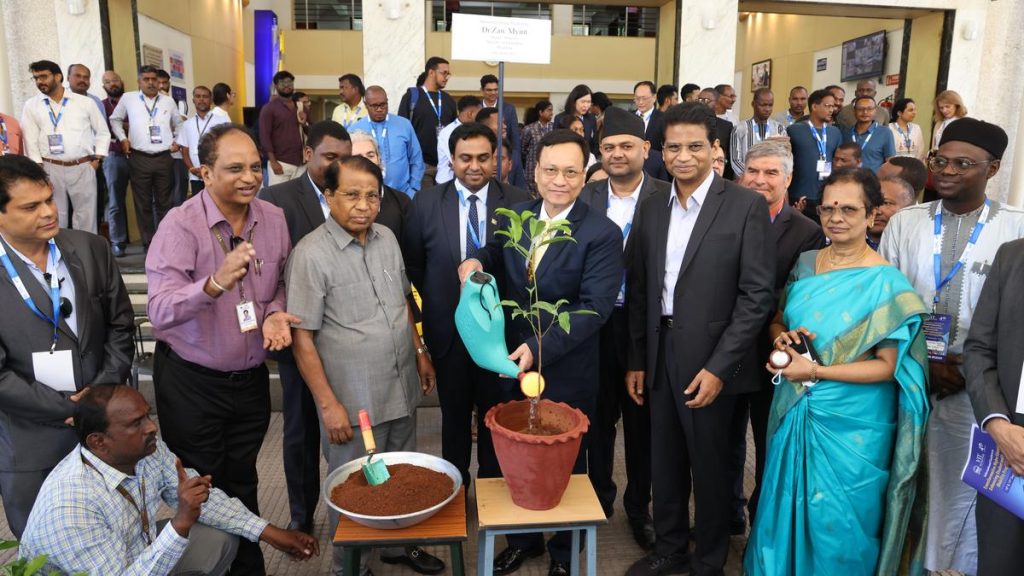Now Reading: Delhi Court Halts Order for Journalists to Remove Content on Adani Enterprises
-
01
Delhi Court Halts Order for Journalists to Remove Content on Adani Enterprises
Delhi Court Halts Order for Journalists to Remove Content on Adani Enterprises
Swift Summary:
- A Delhi court granted an interim stay on an ex parte injunction that had prohibited journalists and media portals from publishing “unverified, unsubstantiated, and defamatory” content about Adani Enterprises Limited (AEL).
- The ruling came in response to an appeal filed by journalists Ravi nair, Abir dasgupta, Ayaskant Das, and Ayush Joshi.
- District Judge Ashish Aggarwal stated that defendants should have been given a chance to be heard before issuing such broad restrictions.
- AEL’s defamation suit alleged coordinated efforts to tarnish its reputation and disrupt global operations but did not impose a blanket ban on fair reporting.
- Journalists argued the earlier civil court order was overly broad as it failed to specify which content was defamatory.
- Separately, the Ministry of Data & Broadcasting cited these orders to issue takedown notices for 138 YouTube links and 83 Instagram posts critical of AEL; targets included several news outlets like The Wire and individuals like dhruv rathee.
Representative images: 80/AFP338D6K3.jpg”>Additional image
Indian opinion Analysis:
The court’s decision highlights critical tensions between press freedom and defamation concerns in india. While protecting entities from baseless allegations is justified under law, the judiciary underscored the need for due process before imposing wide-ranging restrictions on journalistic activity. This reinforces procedural fairness as essential in cases with direct implications for free speech.Notably, blanket directives like those issued by the Ministry of Information & Broadcasting raise broader questions about potential overreach in regulating digital platforms under existing IT Rules. Ensuring specificity in takedown notices-as emphasized by journalists-could help strike a balance between safeguarding reputations and upholding investigative journalism crucial for accountability.for more details:























